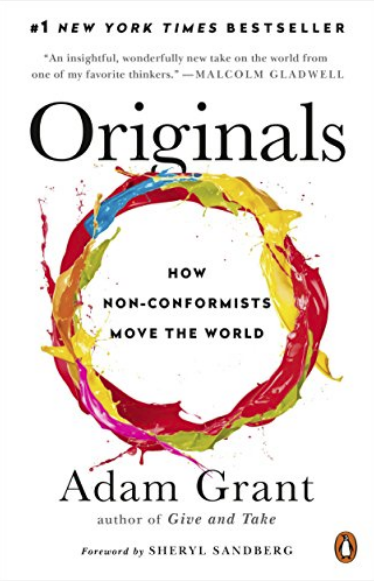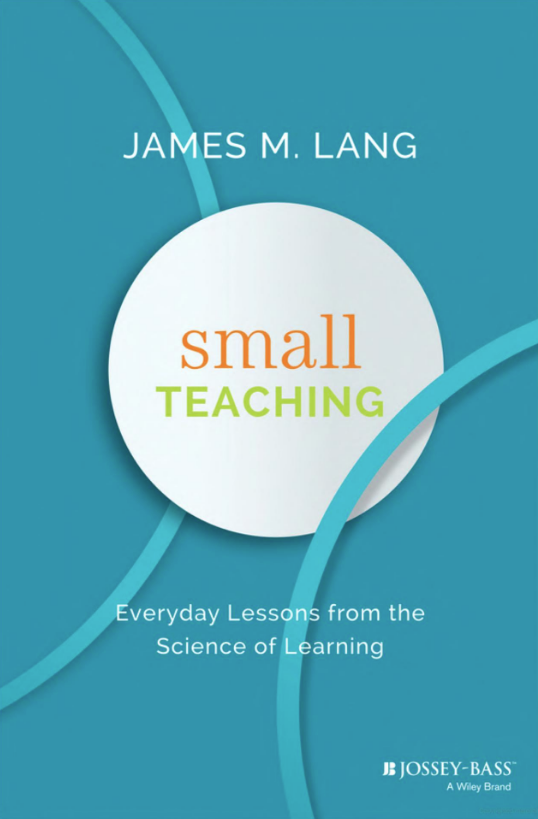Free Content. Subscription Services. Customized Workshops.
To view a distillation click on the book cover or Read More link below the excerpt. Not sure how to use the distillations to improve your practice, learn more about them on our Distillations Explained page.
To find another book, return to the Book Search page.
The Medici Effect
Frans Johansson tells stories that illustrate connections across seemingly dissimilar disciplines in order to emphasize his main idea: Intersection is the key to innovation. Most of the book is spent guiding the reader in terms of how to create the Intersection as frequently and efficiently as possible.
The Element
Are your students discovering their talents and pursuing their passions? In The Element, Sir Ken Robinson explains why and how all humans should tap into their aptitudes and interests in order to find more fulfillment in life and prepare for the complex problems facing our ever-changing world.
Love ‘Em or Lose ‘Em
In Love ‘Em or Lose ‘Em, Beverly Kaye and Sharon Jordan-Evans walk the reader through the process of appreciating, learning from, and retaining top employees. Employers who are more interested in retaining quality rather than retraining quantity are sure to find a handful of nuggets to get them thinking about continuously “re-recruiting” their best people.
Made to Stick
Taken from the perspective of what makes an idea stick, this book analyzes and presents effective delivery methods to increase the retention of concepts or ideas. The Heath brothers use real-world examples and a somewhat informal tone to assist their readers in applying the six principles of “stickiness” (Simple, Unexpected, Concrete, Credible, Emotional, Stories: SUCCESS) necessary for effective concept retention.
The Math Myth
Andrew Hacker presents The Math Myth as America’s antidote to the global hysteria surrounding rigor and achievement at all levels of math study. He argues, quite convincingly, that the intensity in content level and pressure to understand is disconnected from what is needed for success in the real world.
Mindset
In what is perhaps the most buzzworthy and conversation-inducing book within education this century, Mindset vividly demonstrates the difference between a “growth” and a “fixed” mindset. The former is a blueprint for a life of learning and achievement, and the latter, a life of low-effort, defensive responses creating a feeling of constantly not measuring up.
The Model Thinker
In The Model Thinker, Scott E. Page takes the reader through the whys and hows of model thinking followed by dozens of models to help us understand the world. However, in the final analysis, this book is lacking in models that are directly impactful for educators, but knowing there are models out there that drive policy will cause all of us to make decisions using logic and data via the models we find adjacently relatable.
Quiet Leadership
If you are a model thinking junkie, Quiet Leadership by David Rock will whet your whistle and then some, as it’s full of complex and interwoven models. If you prefer fewer diagrams and acronyms, Rock will still push your thinking to make sure your conversations are leading others to think for themselves.
Small Teaching
Inspiration, understanding, knowledge, small teaching, Knowledge Attainment, Retrieval, Predicting, Interleaving, connecting, practicing, self-explaining, inspiration, motivating, growing, expanding, Book, distillation, education, thought leaders, Learning, teaching, pedagogy, teaching and learning
The Talent Code
In The Talent Code, Daniel Coyle proposes all hotbeds of talent (e.g., Russian female tennis players from 2005-2007, Dominican players in the Major Leagues, the home that produced the three Brontë sister authors) have commonalities: Deep practice, Ignition, and Master Coaching. In some ways the sociological equivalent to Daniel Pink's Drive, The Talent Code offers solid examples of how myelin is the key to developing talent.
The Tyranny of Metrics
In The Tyranny of Metrics, Jerry Muller warns all leaders to be wary of overemphasizing data to make decisions/set policy. He provides examples from medicine, the military, education, and philanthropy to drive home the message that we often misuse data in a way that derails the mission of organizations.












